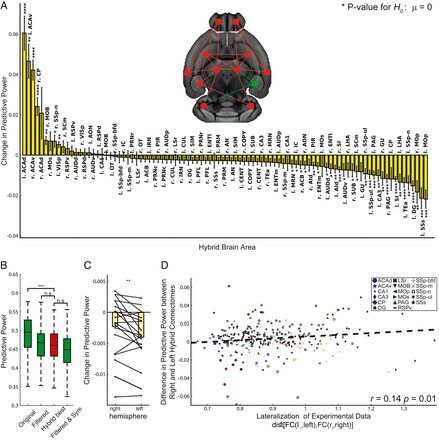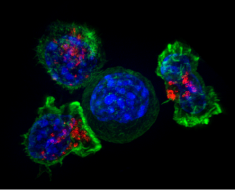
New research conducted by Professor Itamar Kahn, director of the Brain Systems Organization in Health and Disease Lab in the Technion’s Rappaport Faculty of Medicine, in collaboration with scientists from France and the U.S., demonstrates the importance of personalized brain models. The research team’s findings show that individual variations in the brain’s structural connectome (map of neural connections) define a specific structural fingerprint with a direct impact on the functional organization of individual brains.
The groundbreaking research, “Individual structural features constrain the mouse functional connectome,” was published in PNAS, the official journal of the National Academy of Sciences of the United States. Technion MD/Ph.D. candidate Eyal Bergmann and Université d’Aix-Marseille doctoral student Francesca Melozzi were lead co-authors.
By using a connectome-based model approach, Prof. Kahn and his partners aimed to understand the functional organization of the brain by modeling the brain as a dynamic system, then studying how the functional architecture rises from the underlying structural skeleton. Taking advantage of mice studies, they systematically investigated the informative content of different structural features in explaining the emergence of the functional ones.
Whole brain dynamics intuitively depend upon the internal wiring of the brain; but to which extent the individual structural connectome constrains the corresponding functional connectome is unknown, even though its importance is uncontested. After acquiring structural MRI data from individual mice, the researchers virtualized their brain networks and simulated in silicofunctional MRI data. Theoretical results were validated against empirical awake functional MRI data obtained from the same mice. As a result, the researchers were able to demonstrate that individual structural connectomes predict the functional organization of individual brains.
Source: Read Full Article





